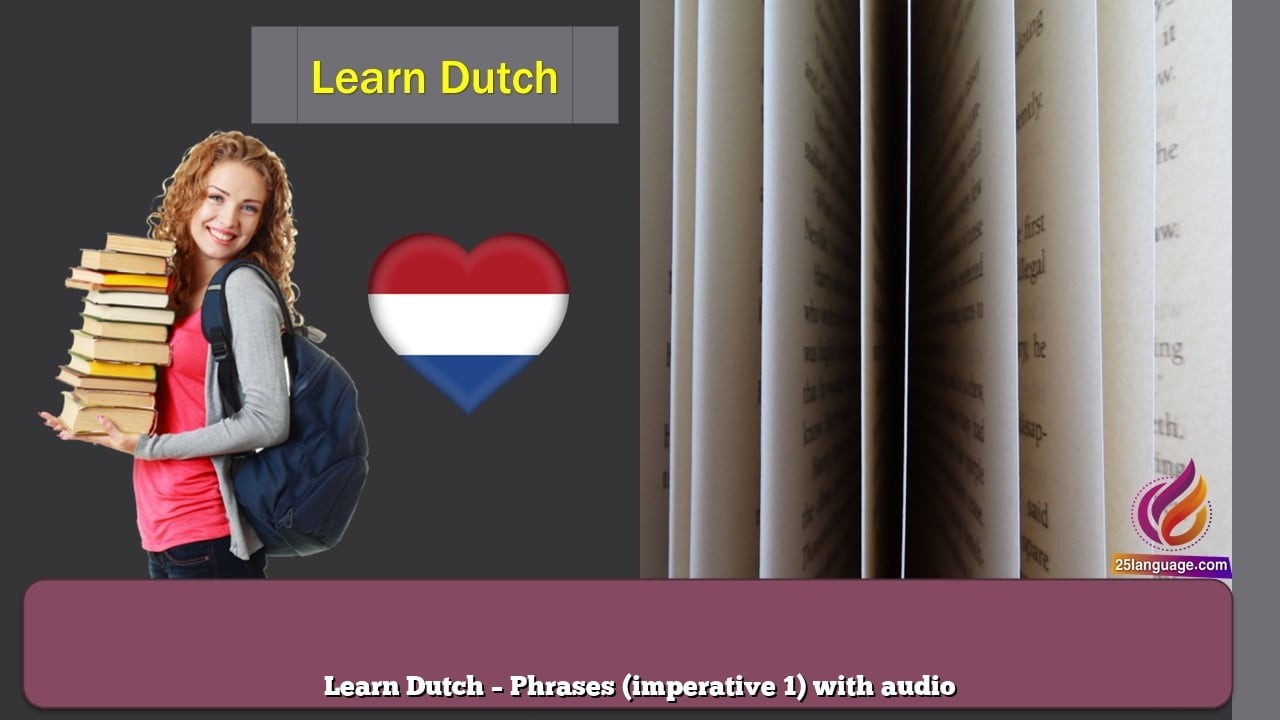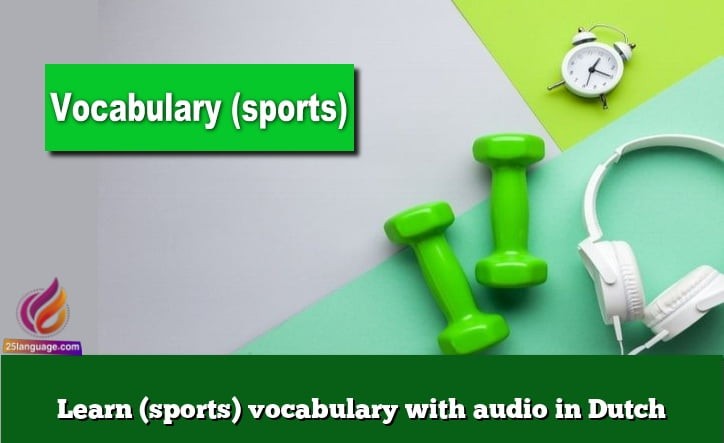adverbs phrases in Dutch
using phrases (adverbs) with sound

Learning adverbs in Dutch is important for several reasons:
- Effective communication: Adverbs are an essential part of speech that modify verbs, adjectives, and other adverbs to give more precise meaning to the sentence. Knowing adverbs in Dutch will allow you to communicate more effectively and accurately in a variety of situations.
- Language proficiency: Learning adverbs in Dutch will also improve your overall language proficiency. It will help you learn new vocabulary, improve your grammar and syntax, and make it easier for you to communicate in both written and spoken form.
- Writing skills: Adverbs can be used to add variety and depth to your writing.
| Dutch | English |
|---|---|
| Heel goed | Very good |
| [responsivevoice voice="Danish Female" rate="0.8" buttontext="►"]Erg slecht | Very bad |
| Niet zo snel | Not so fast |
| Heel snel | Very fast |
| Onmiddellijk | Immediately |
| Langzaam | Slowly |
| Snel | Quickly |
| Rustig | Calmly |
| Luidruchtig | Loudly |
| Stil | Quietly |
| Goed | Well |
| Slecht | Poorly |
| Zeer zorgvuldig | Very carefully |
| Volledig | Completely |
| Gedeeltelijk | Partially |
| Regelmatig | Regularly |
| Zelden | Rarely |
| Nooit | Never |
| Altijd | Always |
| Soms | Sometimes |





























